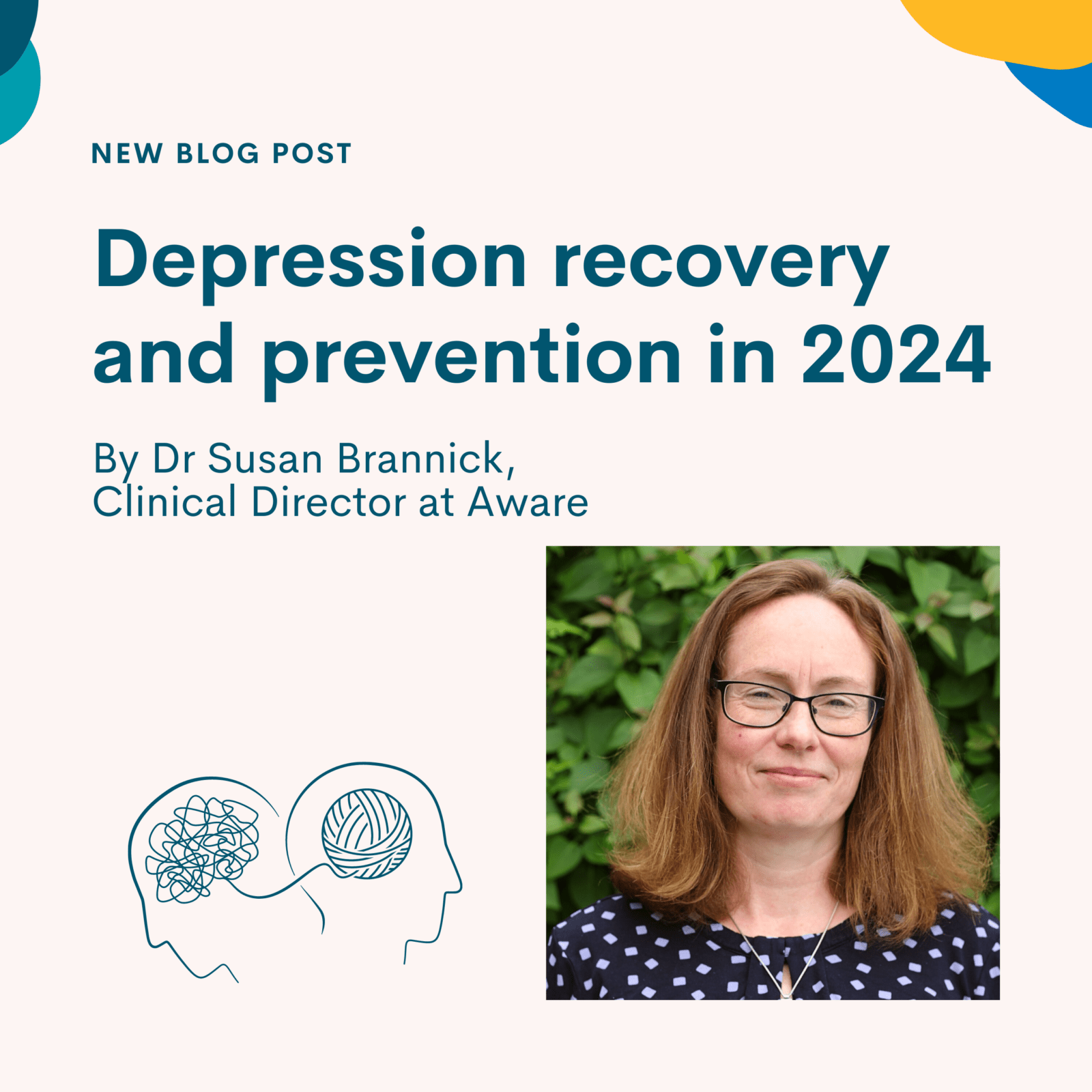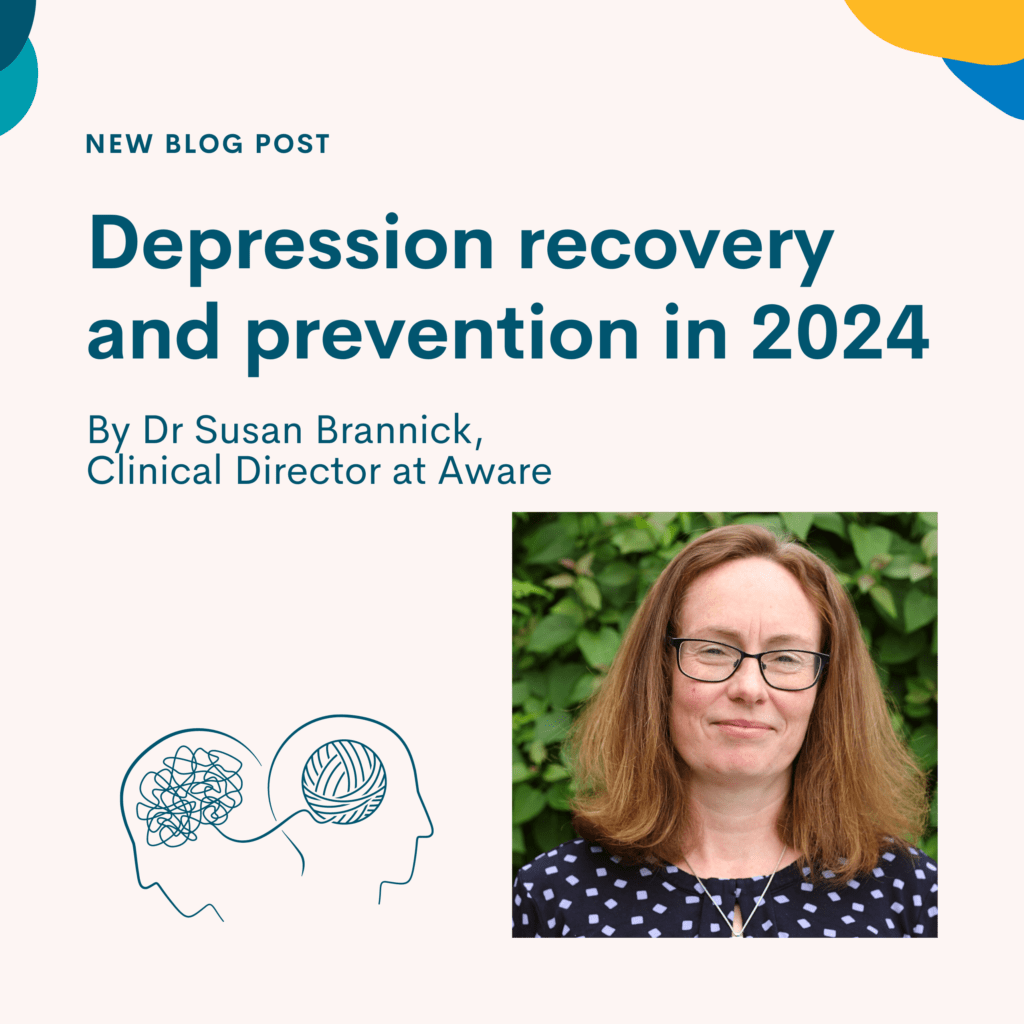
What does 2024 hold for us in terms of advancing our understanding of depression recovery as well as prevention? Perhaps the old adage holds somewhat true here; that in order to understand future behaviour, we might look to past behaviour. So, what does this mean in terms of areas of research focus past and future?
Popular areas of research focus in 2023 have included the microbiome and the gut brain axis, the ongoing search for depression biomarkers, and novel depression treatments focusing on ketamine and psilocybin. The debate regarding the role of serotonin in depression rages on, both in peer reviewed journals and off the page.
The popular areas of depression research in 2023 would suggest focus into ongoing efforts to identify pivotal genes, central inflammatory markers, or the next big drug in depression treatment. This is an interesting focus given the issues of global political unrest, climate crisis, escalating poverty, deprivation, soaring inequality and increasing rates of chronic physical illness that beset us as we move into 2024. All issues that have a proven relationship to mental health.
2023 also heralded the breakthrough of AI into mainstream mental health, with Chat GPT available on demand to answer all queries from the everyday, to the more painful existential dilemmas of the human condition. We are just beginning to map out a role for AI in mental health and it may have diverse uses. Interestingly a recent study compared Chat GPT referral rates for psychotherapy in mild to moderate depression (over 95%) with primary care physician referral rates for the same (4%). Both WHO and NICE guidelines recommend psychotherapy as a first line treatment in less severe depression. But perhaps this is an example of the collision between the ideal and reality. As in, it is quite possible that in the absence of accessible psychological and psychosocial interventions being widely available (as is the case here in Ireland), medication is offered as something that may alleviate suffering.
Here in Aware we will continue to offer peer support, both in person and online, as well as phone support for those needing a space to talk. Our Mindfulness groups will continue this year and are an important part of our evidence-based education programmes that have proven benefits in helping people overcoming depression. These programmes also include a bipolar disorder psychoeducation groups and CBT informed groups for people experiencing depression and anxiety. More details can be found here. We also have some excellent webinars planned with many highlights including a focus on how compassionate approaches can help in overcoming depression, experiences of bipolar diagnosis, and managing anxiety. Research and evaluation of all our services is also very important to the team here at Aware so keep a look out here and on our social channels for information on this.
This blog is by Dr Susan Brannick, Clinical Director at Aware as part of a monthly blog series.


